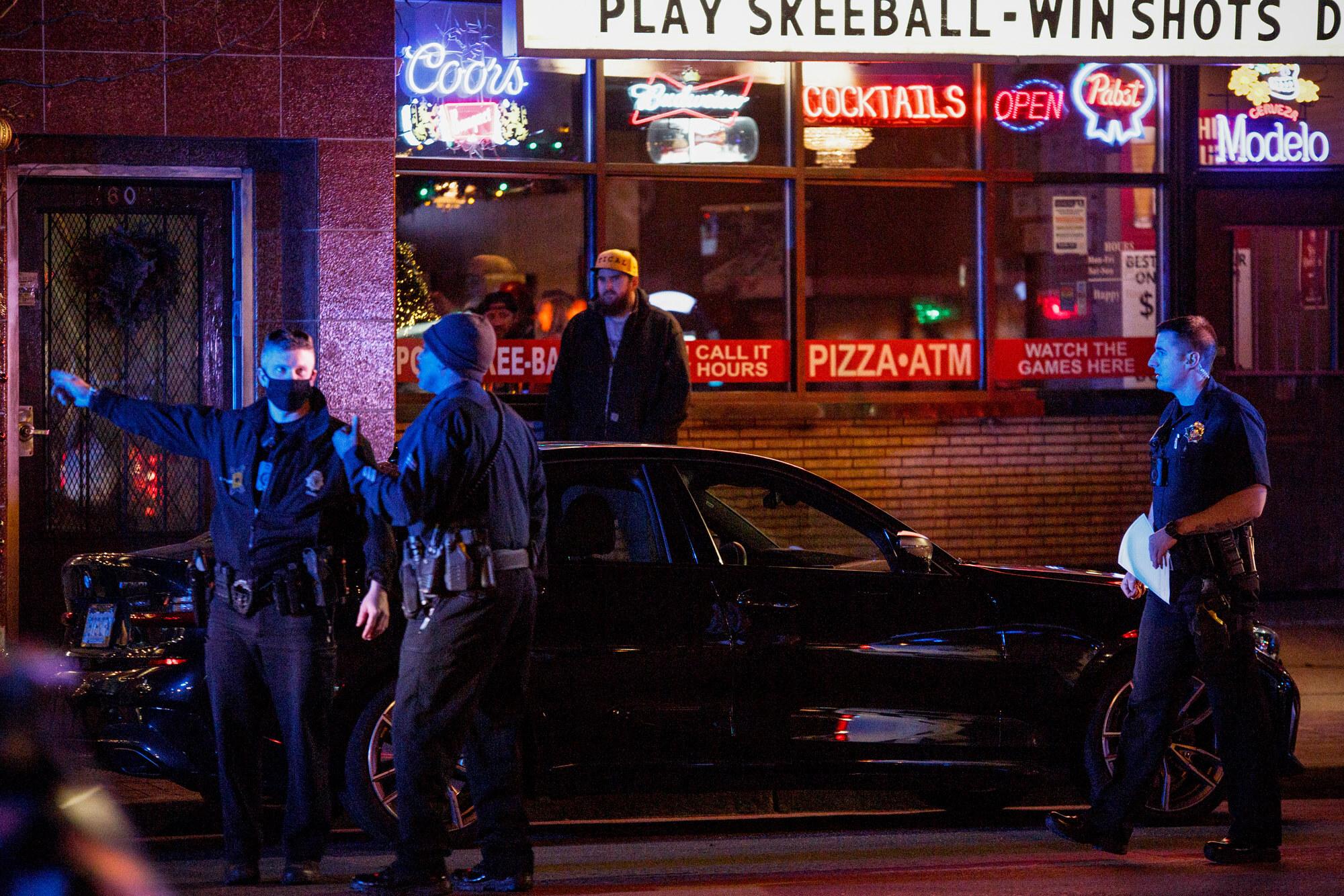Democrats in Colorado's congressional delegation on Thursday asked the Department of Justice to investigate how police handled prior encounters with a man authorities said killed five people during a shooting spree in Denver and Lakewood
U.S. Reps. Jason Crow, Diana DeGette, Joe Neguse and Ed Perlmutter co-signed the letter addressed to Inspector General of the U.S. Department of Justice Michael E. Horowitz. Citing numerous press reports, the letter outlines how the gunman had been on the radar of local and federal authorities and asks the federal agency to review the response.
"We have serious concerns regarding the sharing of information and the response of law enforcement officials and whether it was adequate, timely and thorough," the letter reads. "It is critical we understand who knew what information and when, and how this information was shared and acted upon in order to identify and close any gaps in the information sharing process among law enforcement."
Denver police confirmed the agency had previously investigated Lyndon McLeod after a man sent a letter in January 2021 warning police McLeod could be planning violent acts.
Police said McLeod fatally shot five people during a spree in the metro area on Dec. 27. Questions about whether Colorado's red flag law could've prevented the shooting if police intervened then have already been raised.
"The Denver Department of Public Safety is conducting its own review of the January 2021 investigation into Lyndon McLeod, and will fully cooperate if the Department of Justice initiates an investigation," public safety department spokesperson Kelly Jacobs said in a statement.
When the gunman lived in Denver, police got at least 11 calls for service to his home on Bryant Street between 2012 and 2016, according to records obtained by Denverite this week. The gunman sold the property in 2016.
At least four of those calls involved possible domestic violence incidents, according to DPD's call logs. A welfare check, alarms, an unwanted person and a suicidal person were other reasons for the calls for service. The first two calls were for domestic violence and were made in the early morning hours of June 30, 2012.
One call, made in May 10, 2015, resulted in a short narrative report.
The report said Denver police officers responded to a domestic disturbance in progress, and upon arriving, they found two people, including McLeod, and a damaged front door, according to a copy of the report obtained by Denverite. The report said the two people were in an intimate relationship and had been arguing after McLeod tried to kick the other person out of the residence.
The report redacts the name of the other person involved in the incident, though it said both had property rights to the home. The other person was taken into custody after officers found the person had an active felony arrest warrant for dangerous drugs. McLeod told police he would get a restraining order filed against the person the following day. No injuries were reported.
Denver police also provided a copy of the gunman's concealed handgun permit application that he obtained in November 2014. Denver police spokesperson Doug Schepman said the permit expired five years afterward with no re-application.
Additional records provided by Denver police show the gunman was cited for careless driving in June 2015.
Police said the gunman was fatally shot by Lakewood police officer Ashley Ferris, who was wounded after exchanging gunfire with the gunman. Alicia Cardenas, Alyssa Gunn-Maldonado, Danny Scofield, Sarah Steck and Michael Swinyard were killed during the shooting spree.












